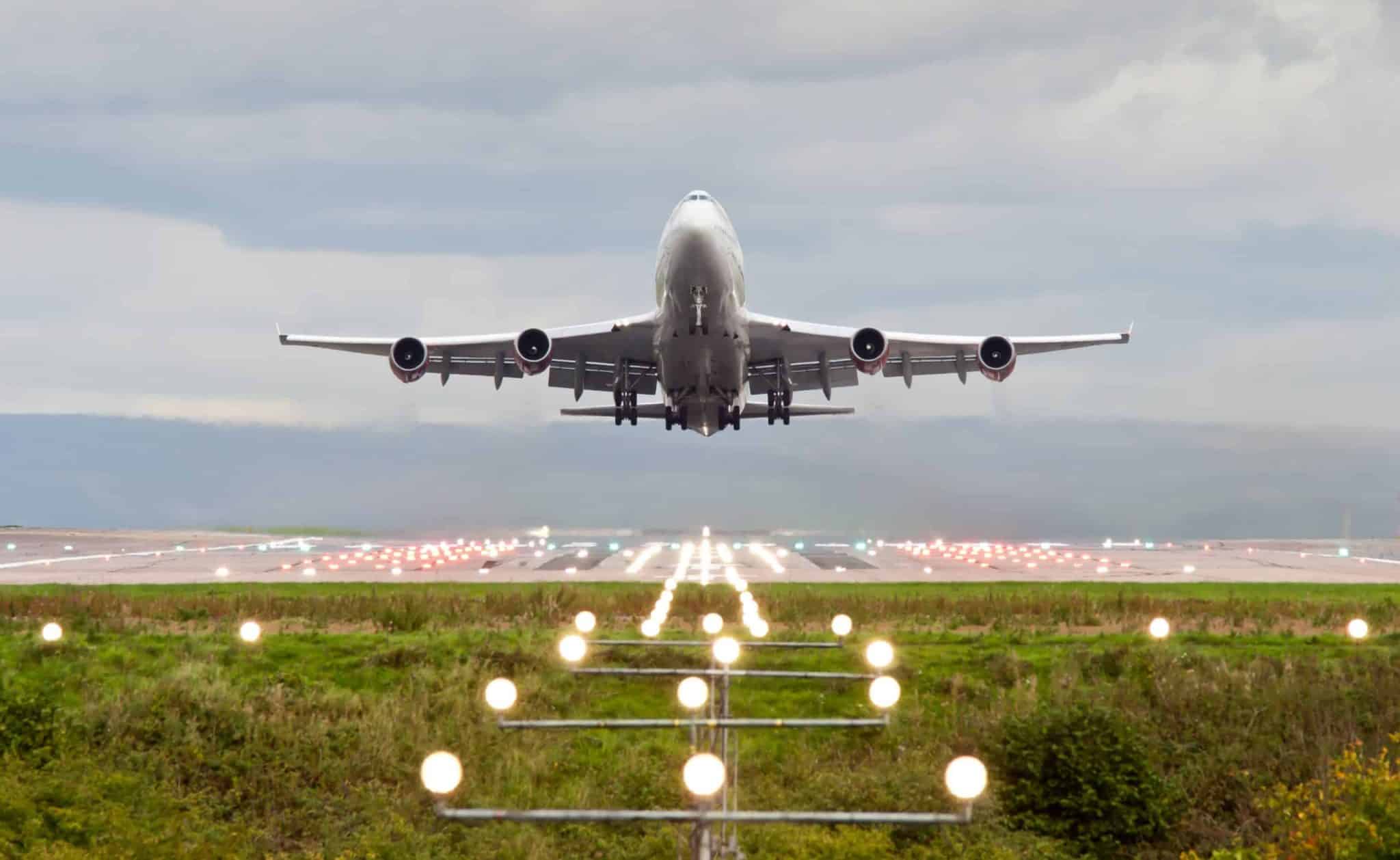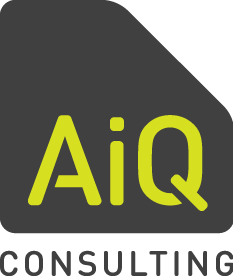 As the financial year draws to a close, we reflect on a busy 12 months and also take a look forward to what the future holds for the aviation industry.
As the financial year draws to a close, we reflect on a busy 12 months and also take a look forward to what the future holds for the aviation industry.
As the industry started to open up again after the pandemic and passengers returned to airports the challenges in restarting an industry that had been largely dormant for two years became clear. While it was wonderful to see passengers again we also unfortunately saw long queues and delays over the summer in many airports in the UK and Europe, encompassing all parts of the aviation community primarily due to the shortage of staff and resources.
This resulted in a lot of survey work for the airports to identify constraints. Clearly as a consultancy dealing with Demand Forecasting and Capacity Planning, we believe that this can only be achieved by understanding the changing demand profiles and assumptions. More on how we do this from our blog at the time.
Thankfully this issue now seems to be easing and building back is well underway and even appears to be going better than initially expected. In fact the use of automation at check-in is now firmly on the increase as a response to some of the problems experienced as the industry reopened. Recent AiQ check-in surveys across a range of airports show that COVID actually accelerated online and mobile check-in, with most airlines now achieving 70% or more. Our White Paper on automation takes a look at some of the new technology being adopted at check-in.
Our priority over the last year has been to help airports worldwide become more resilient as they recover from the effects of the pandemic. To that end we have been working with airports such as London Heathrow, Farnborough, Schiphol and Bristol among others. At Heathrow we have been involved with new baggage systems projects as well as working on apron carbon reduction systems, meanwhile at Schiphol we have been working on an independent capacity assessment.
As we look ahead it is clear that sustainability and net zero carbon are being taken very seriously by the industry and are common themes running through a lot of project planning we are undertaking, which we will talk about in the future. This follows the global industry’s commitment to reaching net zero carbon emissions by 2050.
eVTOL is another sector to watch and one which we will continue to work on in 2023. Last year saw several milestones reached, including those in flight testing. Several key players in the sector are now hoping to make progress by building conforming aircraft and advancing their flight test programs.
You can read our latest newsletter in full here.
So what a year that was! From all of us at AiQ Consulting, we look forward to working with you in 2023 and beyond.

